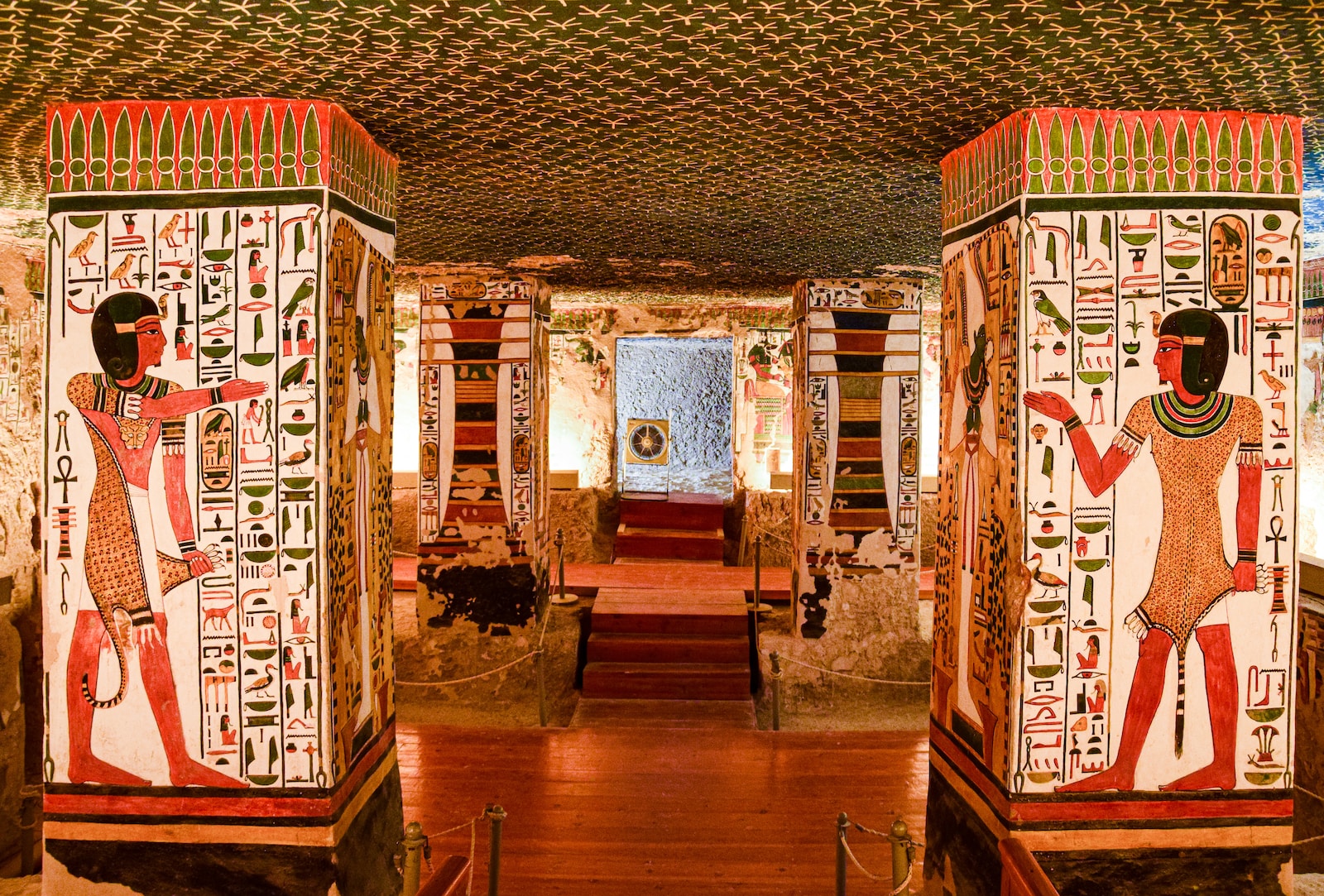In Genesis 35, we witness a significant event in the life of Jacob and his family. After returning from Shechem, where his daughter Dinah was violated, Jacob receives a directive from God to go to Bethel and build an altar to honor Him. So, Jacob tells his household to purify themselves and change their garments, indicating a spiritual cleansing before approaching God’s presence.
There is a deep Messianic link within this narrative that foreshadows the coming of Jesus Christ. Firstly, we can draw parallels between Jacob’s journey to Bethel and Jesus’ ministry on Earth. Just as Jacob was called by God to a specific place, Jesus was sent by God to fulfill His divine mission. Bethel itself means “house of God,” and Jesus often referred to himself as the “temple” or dwelling place of God. Both Jacob and Jesus play a crucial role in reconnecting humanity to God’s presence.
Secondly, the act of purifying and changing garments symbolizes a spiritual transformation that occurs through faith in Jesus. In the New Testament, we are taught that when we accept Jesus as our Savior, we are washed and cleansed of our sins, receiving new garments of righteousness. This imagery in Genesis 35 hints at the future redemption and renewal that Jesus would bring through His sacrificial death and resurrection.
Furthermore, in Genesis 35:14, Jacob sets up a pillar of stone and pours a drink offering and oil on it. This act mirrors the concept of offering presented in the New Testament. Just as Jacob offered a physical sacrifice, Jesus offered Himself as the ultimate sacrifice for the forgiveness of sins. He poured out His blood as a drink offering and anointed the world with the oil of salvation. This pillar of stone can be seen as a precursor to the cornerstone of the spiritual temple that Jesus would become.
Another connection can be found in the renaming of Jacob. God changes Jacob’s name to Israel, which means “God prevails” or “he strives with God.” This new name signifies a transformation and a new identity. Similarly, in the New Testament, Jesus gives new names to his followers. He christens them as “disciples,” “children of God,” and even “friends.” This renaming symbolizes a fresh start and a close relationship with God, made possible through Jesus.
Moreover, during this time, Rachel, Jacob’s beloved wife, gives birth to Benjamin but tragically dies in the process. This event foreshadows the sorrowful death of Jesus on the cross. Jesus, like Rachel, was greatly loved and cherished, yet He willingly laid down His life for humanity. Both Rachel and Jesus’ deaths brought forth new life and hope. Benjamin’s birth signifies the continuation and fulfillment of God’s promises, just as Jesus’ death and resurrection brought forth new life, redemption, and fulfillment of God’s plan for salvation.
Lastly, Genesis 35:21 mentions that Israel pitched his tent beyond the tower of Edar. This tower of Edar, known as the “tower of the flock,” is significant in Messianic prophecy. It is believed to be the place where shepherds would keep watch over their flocks, guiding and protecting them. Fast forward to the New Testament, and we find shepherds in the fields outside Bethlehem who receive the angelic announcement of Jesus’ birth. Jesus, the Good Shepherd, would later call Himself, would come to guide, protect, and lay down His life for His flock.
In conclusion, Genesis 35 holds remarkable Messianic links to Jesus Christ. From Jacob’s journey to Bethel mirroring Jesus’ mission on Earth to the renaming of Jacob symbolizing a new identity in Christ, we see the intricate connection pointing to the redemptive work of Jesus. The imagery of offering, the death of Rachel, and the naming of Benjamin further reinforce these parallels. Genesis 35 serves as a divine hint of the ultimate Messiah who would come to reconcile humanity with God, offering new life, redemption, and the fulfillment of God’s promises.
#Genesis35, #ForeshadowingRedemption, #JacobAndBethel, #MessianicConnections, #JesusAndJacob, #SpiritualTransformation, #NewLifeInChrist, #SacrificialOffering, #RenewedIdentity, #RachelAndBenjamin, #DeathAndResurrection, #TowerOfEdar, #GoodShepherd, #DivinePromise, #RedemptiveWork, #JesusMinistry, #SymbolismInBible, #UltimateSacrifice, #NewBirthInChrist, #FulfillmentOfPromises



